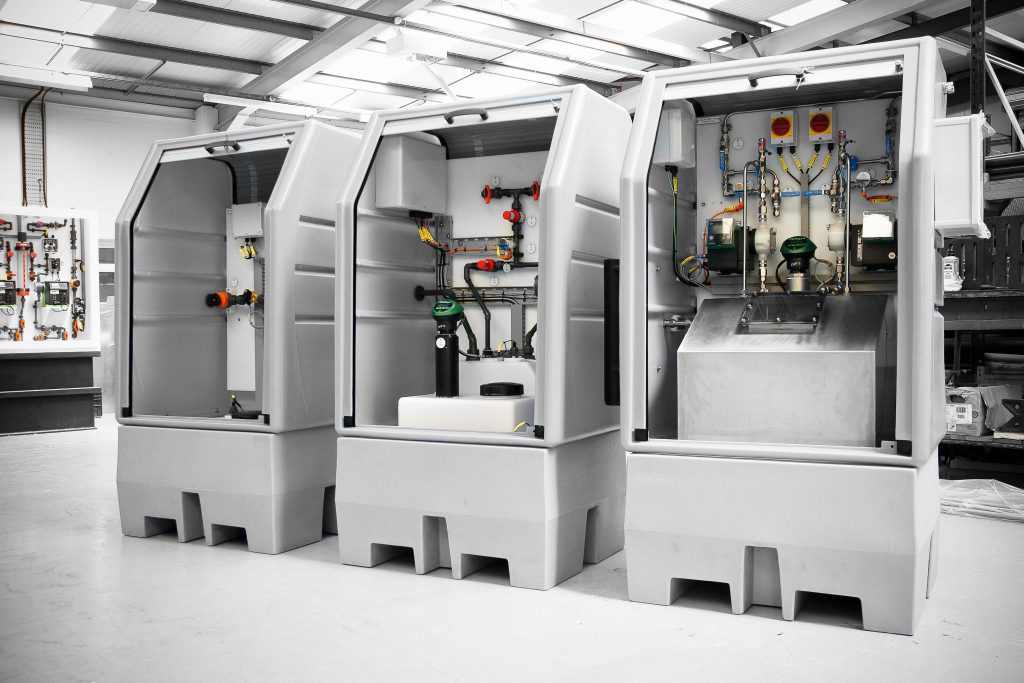Love it or ditch it?
Let’s face facts, when equipment breaks down, the primary concern is how will productivity and profitability be impacted in both the short and long term? Not to mention the general public’s water supply being disrupted if there is downtime at the water and wastewater works.
When breakdowns occur, we go back to the age-old question of repair or replace? It is a decision that requires careful consideration in order to maintain productivity and manage costs. Corporations have long used the 50 per cent rule as a guide: if breakdowns and repairs exceed 50 per cent of the total cost of replacing equipment, then you should replace it outright.
However, in a world where repair and remanufacture promotes a circular economy and is the more sustainable option, the regular servicing and maintaining of equipment mean that those old 50 / 50 guidelines are shifting.
Systems must be maintained regularly
Reliable and efficient chemical dosing systems, for example, are vital to the regulatory compliance, safe management and cost-effectiveness of water and wastewater treatment operations. To avoid equipment failures and minimise leaks, spills and blockages, these systems must be properly and regularly maintained. However, as we’ve seen over recent years, many companies are falling short of this.
In fact, when the Environment Agency released its latest annual report on the environmental performance of England’s water and sewerage companies, it showed that four out of nine companies are falling short of expected standards, which is having a detrimental impact on the environment. Ultimately, if you are not maintaining your equipment regularly you will have no choice but to replace it and perhaps face other consequences. Not making maintenance your priority has other repercussions too:
Shortened asset life
Poorly maintained dosing equipment simply won’t last as long and a replacement will mean adding to the company’s capital expenditure (CAPEX). Most other savings achieved through maintenance relate to operating expenditure (OPEX). Considered holistically, the benefits of good servicing can be combined to enable effective planning and optimisation of total expenditure (TOTEX).
Inefficiency
Without regular servicing and recalibration where necessary, a dosing system can end up injecting larger quantities of chemical than needed. Energy consumption may also increase when equipment isn’t functioning at full efficacy.
Environmental harm
If the doses from a failing system are too low, insufficiently treated wastewater may be discharged into the environment. If doses are too high, the discharge may be toxic. In the event of a significant chemical leakage or untreated discharge due to faulty equipment, the effects on rivers, streams and other habitats may be devastating. Along with the cost of fines, enforcement undertakings and remedial works, the company will be facing a PR disaster.
Breakdown? Have you considered hiring a chemical dosing system?
Other maintenance-related services from WES include replacing components, upgrading or re-purposing systems, relocating equipment, modifying controls and training operators.
As an alternative to replacement, we can also support operations through various other solutions. This includes the rapid delivery of hired dosing systems in emergency situations, or where planned shutdowns are scheduled.
In short, whatever a business needs to keep its chemical dosing systems well maintained, we have alternatives so that the fallback doesn’t have to be replace.
How can WES help?
Specific maintenance needs vary between sites, applications and the nature of existing equipment. We offer a free on-site survey to audit the chemical dosing system regardless of age or manufacturer, against current standards and best practice. An assessment of the equipment’s general condition is produced, along with recommendations on any repair or upgrade work needed. Based on those reports, WES will make a recommendation.












